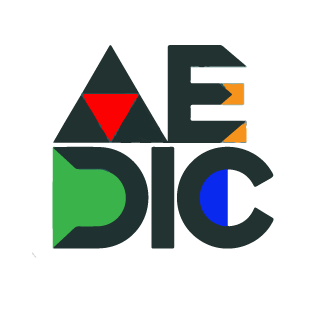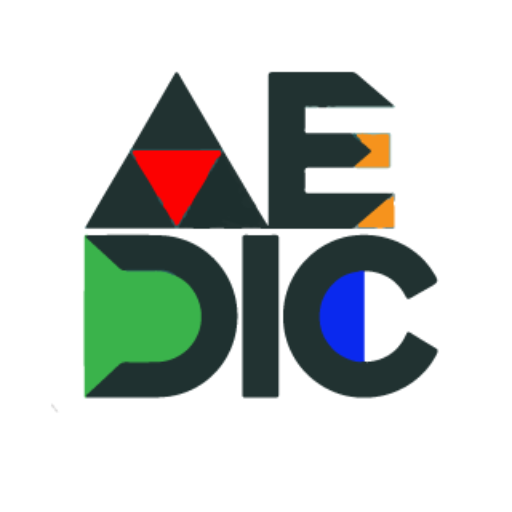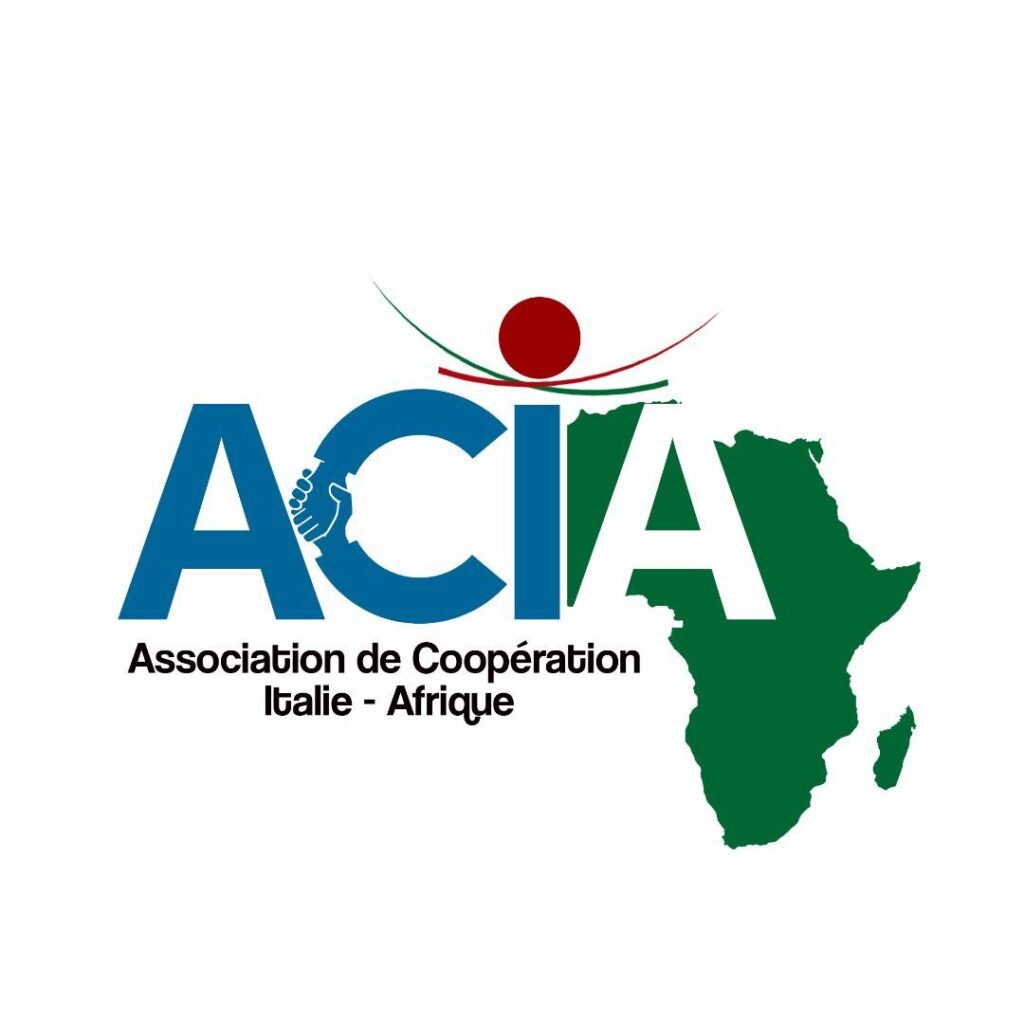Cameroonians, Cameroonians,
My dear compatriots,
Last year, under the same circumstances, I took stock of the situation before you in three fundamental areas of our country's life.
Together, we have noted that the security situation in the North West and South West regions remains worrying, despite calls for the insurgents to lay down their arms. Priority should therefore be given to finding a solution.
We could also see that our economic growth was progressing but needed to be consolidated in order to stay on the emergency trajectory.
Finally, evidence was provided to show that social progress in Cameroon is not an empty word. This essential complement to our democratic system is ongoing in its various components: education, health, employment, etc., although, of course, progress is still possible.
Where are we a year later?
1. With regard to SOCIAL PROGRESS, our goal remains to improve the living conditions of our fellow citizens and, ultimately, to eliminate poverty.
It is a considerable task that requires considerable financial resources. The budgets dedicated to it are significant and, of course, dependent on the level of government revenues. These in turn depend on the health of our economy, which I will discuss in a moment.
In any case, be aware that the efforts made in recent years in this area will be continued and, if possible, amplified.
2. As far as the GROWTH OF OUR ECONOMY is concerned, I think I can say that it is developing quite satisfactorily, although it remains frustrated, among other things, by an uncertain international environment.
In the last period, considerable work has been done to correct the situation within the framework of the economic and financial programme concluded with the IMF. Our growth has recovered, inflation is under control, fiscal and external deficits are contained, and our public debt remains sustainable.
The government's economic, financial, social and cultural programme for 2020, recently presented to the National Assembly, is in this continuum. It is based on a growth assumption of 4%, which should allow us to remain on the road to emergency access in 2035. This target is also reflected in our draft national development strategy for 2020-2030.
It is an opportunity for me to thank our external partners, the IMF already mentioned, but also the World Bank, the African Development Bank and the French Development Agency, for their budgetary support and their support for our structural reforms.
Does this mean we can rest on our laurels? Certainly not. Our goal remains to reach emergence by 2035. But given the unstable international environment and trade tensions that put trade at risk, we will probably have to make additional efforts to stay on the recovery trajectory. economic sustainability of our country. I believe we can do it.
This recovery must be an ardent obligation for us that will mobilise all our energies. It requires not only the improvement of the living conditions of Cameroonians, but also the peaceful exercise of democratic rights.
3. THE SECURE SITUATION IN OUR NORTHWEST AND SOUTHWEST REGIONS remains.
This is undoubtedly one of the most pressing problems at the moment. The criminal activity of armed groups continues to disrupt public, economic and social life in these regions. However, various measures have been taken in recent months to motivate these young people, most of whom have been indoctrinated. In particular, calls have been made to lay down arms and prospects for social reintegration have been opened up.
For those who persist in remaining on the wrong path and continue to use violence, we will have no choice but to fight them to protect all our fellow citizens. Our defence and security forces will once again do their duty with restraint, but without weakness. I want to assure them of my full support and high regard.
Previously, decisions had been taken to convince our compatriots in the two regions concerned of the government's desire to grant local authorities the powers that would allow them to have a greater stake in the management of local affairs. It was also confirmed that arrangements had been made to accelerate the promotion of bilingualism and multiculturalism.
It should also be emphasised that by showing solidarity with the victims of the atrocities and atrocities of the armed gangs in various ways, the nation as a whole has shown its support for government policy.
However, aware of the long deadlines for the implementation of the planned reforms and anxious to reduce the inconvenience and suffering of our compatriots in the North West and South West, I decided to open, at the end of September - I will be excused for quoting -
"a great national dialogue that should make it possible, within the framework of our Constitution, to examine the ways and means of responding to the profound aspirations of the peoples of the North West and South West, but also of all the other components of our nation".
I explained this at length on 10 September, in a message to all our compatriots. I felt it had been widely approved by our public opinion, as well as by various international organisations including the United Nations and several friendly countries.
Preceded, as I mentioned, by several peace offers made to the insurgents and accompanied by the release of several hundred detainees, this 'Grand National Dialogue' effectively took place from 30 September to 04 October 2019. It brought together a wide range of representatives of Cameroonian society.
Today I would like to thank all those who were kind enough to participate and congratulate those who organised it, first and foremost the Prime Minister, Head of Government.
I felt that the participants had a great moment of communion that allowed them to express their attachment to peace and national unity.
I was able to appreciate the fact that Cameroonians, as a whole, accepted a good number of the Grand National Dialogue proposals.
As of 10 December 2019, the National Assembly and the Senate adopted a bill on the promotion of bilingualism and multiculturalism. It stipulates that the use of English and French must apply to all our public institutions. Compliance with this law, I am sure, will strengthen the bilingual character of our country.
In addition, on 15 December 2019, as part of an extraordinary session of the National Assembly and Senate, a bill on the General Code of Decentralised Local Authorities was submitted to our two parliamentary chambers for consideration. As a result, our deputies and senators adopted a bill that provides for decisive progress in our decentralisation process, particularly with regard to the status of local elected representatives, the functioning of local assemblies and the allocation of substantial new financial resources to the regions.
With particular regard to the North-West and the South-West, the special status enjoyed by these regions takes into account the specificities of the English-speaking educational subsystem, common law and traditional dominance.
My dear compatriots,
As you can see, it is a new Cameroon taking shape. A Cameroon adapted to the present day. Cameroon is looking to the future.
To get there, we experienced many trials. As in the past, together we have overcome them all.
In these great seven-year opportunities for Cameroon, the Grand National Dialogue paved the way for us to resolutely advance along the road to peace, national unity and progress: values that have always made our country great.
Cameroonians, Cameroonians,
My dear compatriots,
Before concluding, I would like to say a few words about our democratic system.
When the conditions were right and together we had laid the foundations for democracy in our country, I was aware that the road would be strewn with obstacles. This was indeed the case, but we made considerable progress.
Unfortunately, a minority, in Cameroon as in the diaspora, seems to have forgotten the rules that govern democratic life. Is it necessary to remember that a democracy has the sovereign people as its sole arbiter?
When the latter has spoken through free and transparent elections and the results are announced after considering possible appeals, these results must be respected and accepted by all.
It is neither social media nor this or that press organ that can change the results of an election, much less illegal demonstrations, violence and personal or hateful attacks. Remember I said at the time: 'Let us debate, not fight. So behave like citizens of a democratic country.
If you want to participate in the democratic life of your country, you have to comply with the rules and campaign in political parties whose activities are carried out within the framework of compliance with the law. It will be open to you to verify this during the upcoming municipal and legislative elections on 09 February 2020.
Security measures have been taken so that, throughout the territory, all our fellow citizens can exercise their right to vote. If necessary, they will be further reinforced. I therefore urge all Cameroonians on the electoral roll to vote, knowing that they will elect women and men who will translate into reality the reforms desired by the Cameroonian people, in particular the acceleration of the implementation of decentralisation.
Regarding the excessive behaviour of some of our compatriots in the diaspora - whether they are Cameroonians or not - I think they should, out of patriotism, refrain from negative comments about their country of origin. One must always respect one's homeland, its institutions and those who embody them.
My dear compatriots,
Let us make Cameroon a land of great opportunities for economic and social development, in peace and unity.
Happy New Year 2020 to all.
Long live the Republic!
Long live Cameroon!






